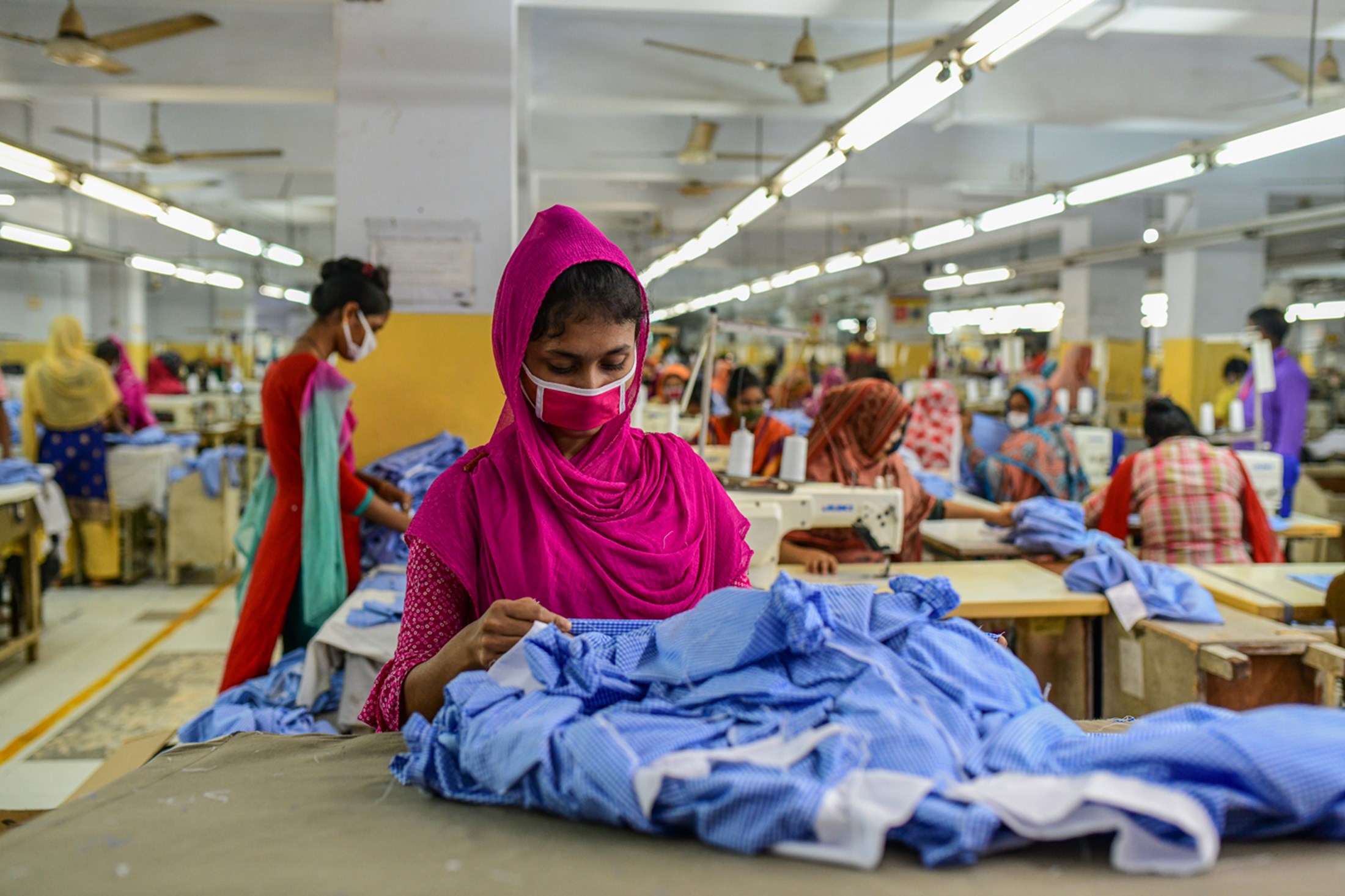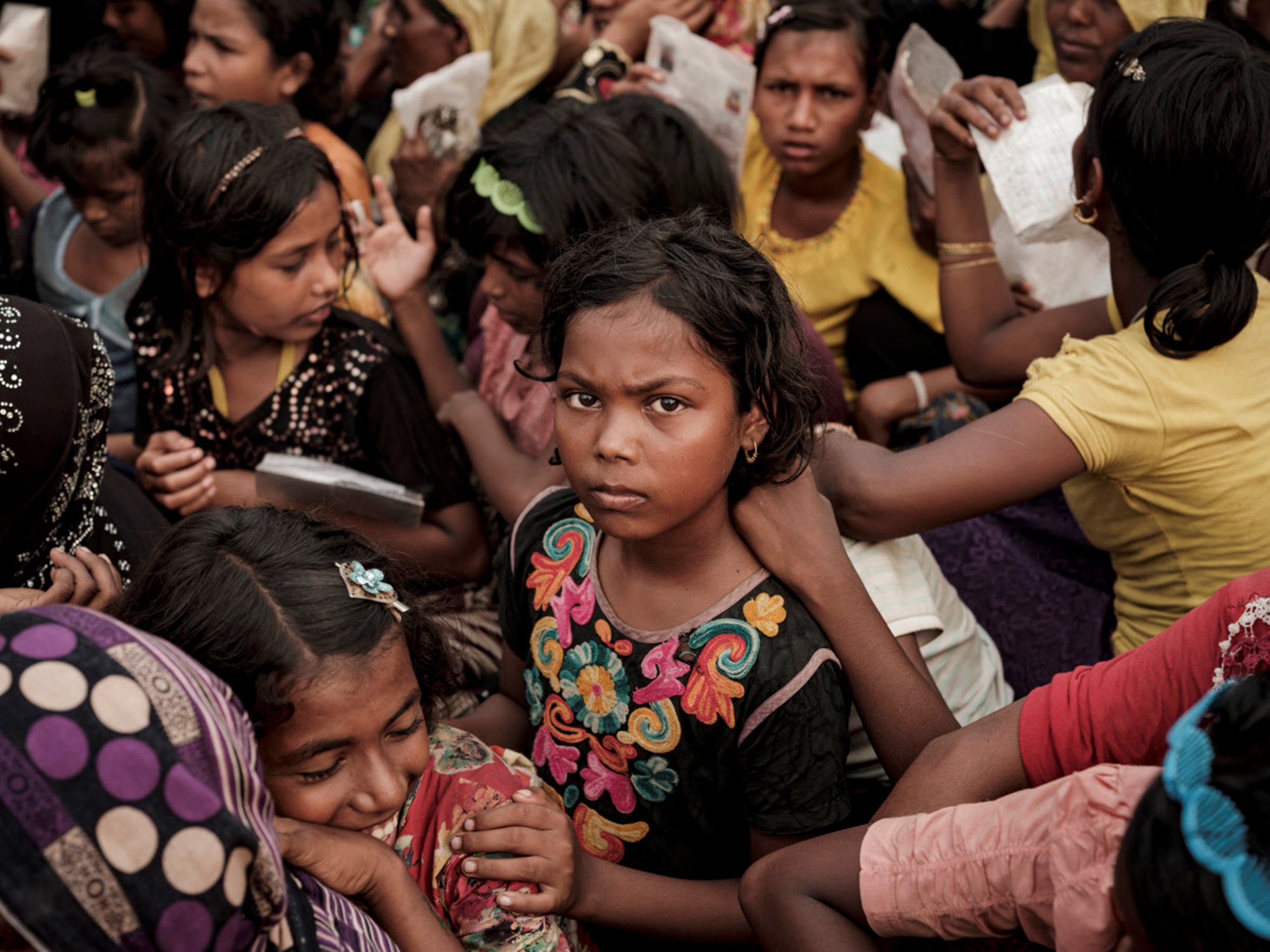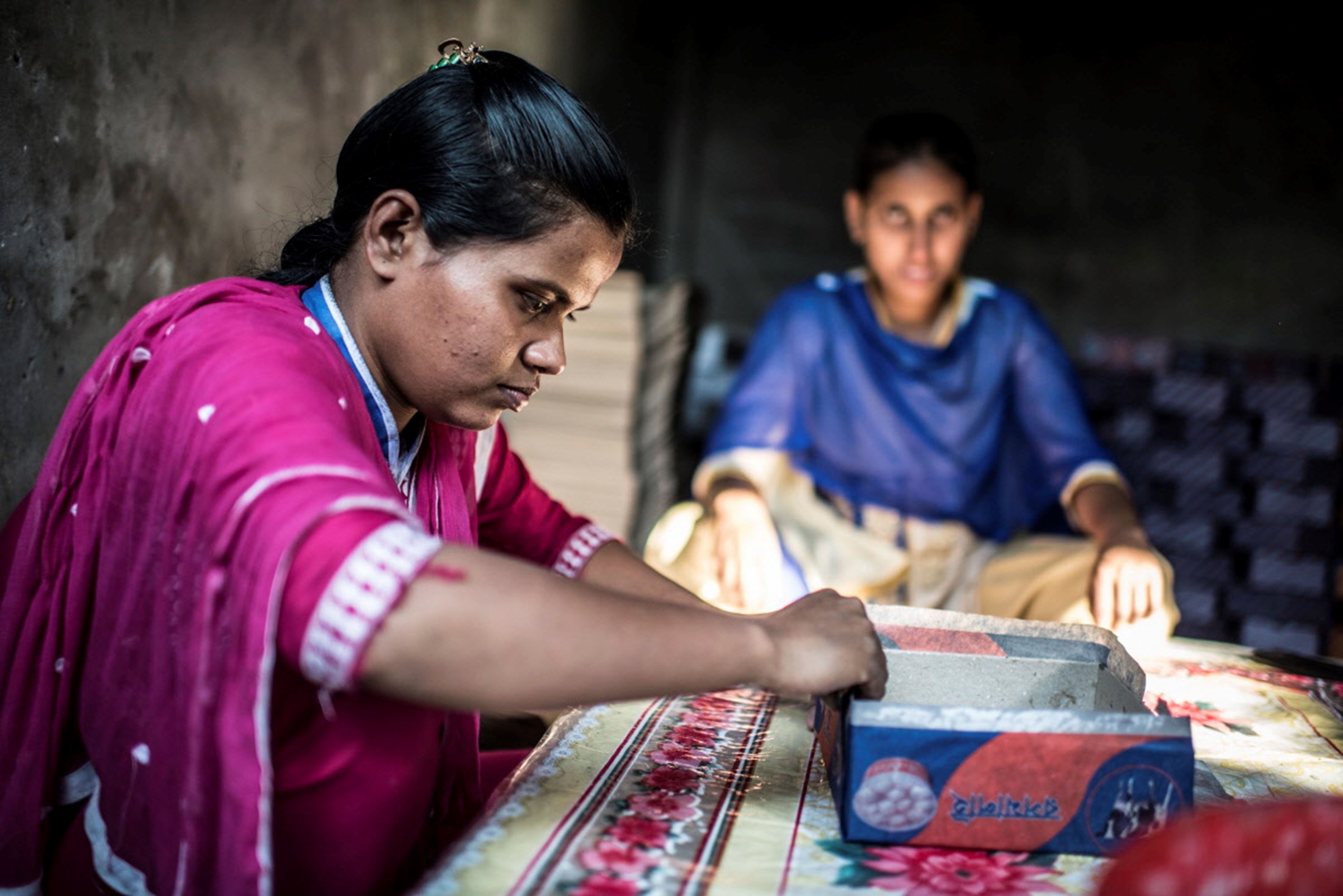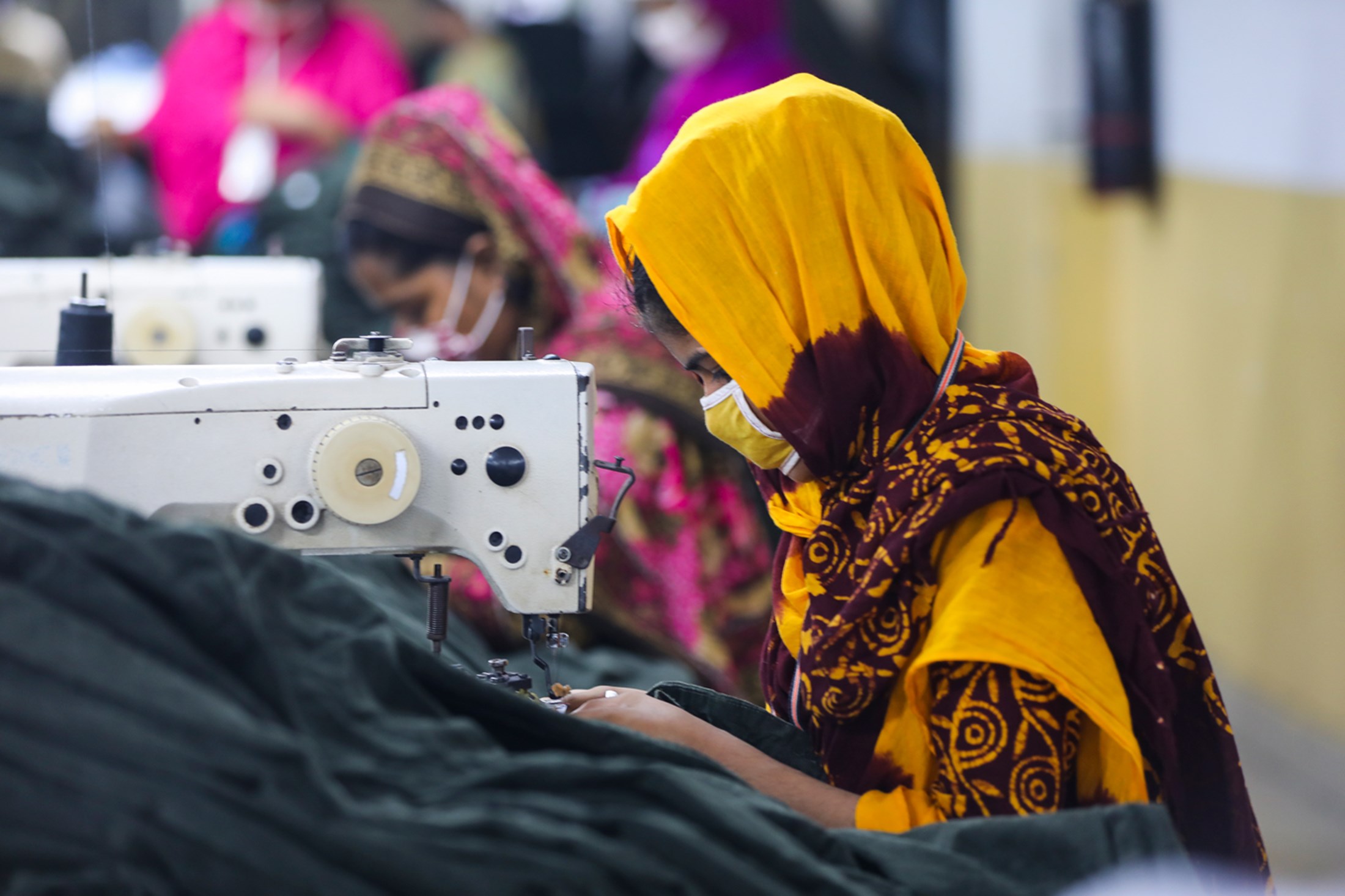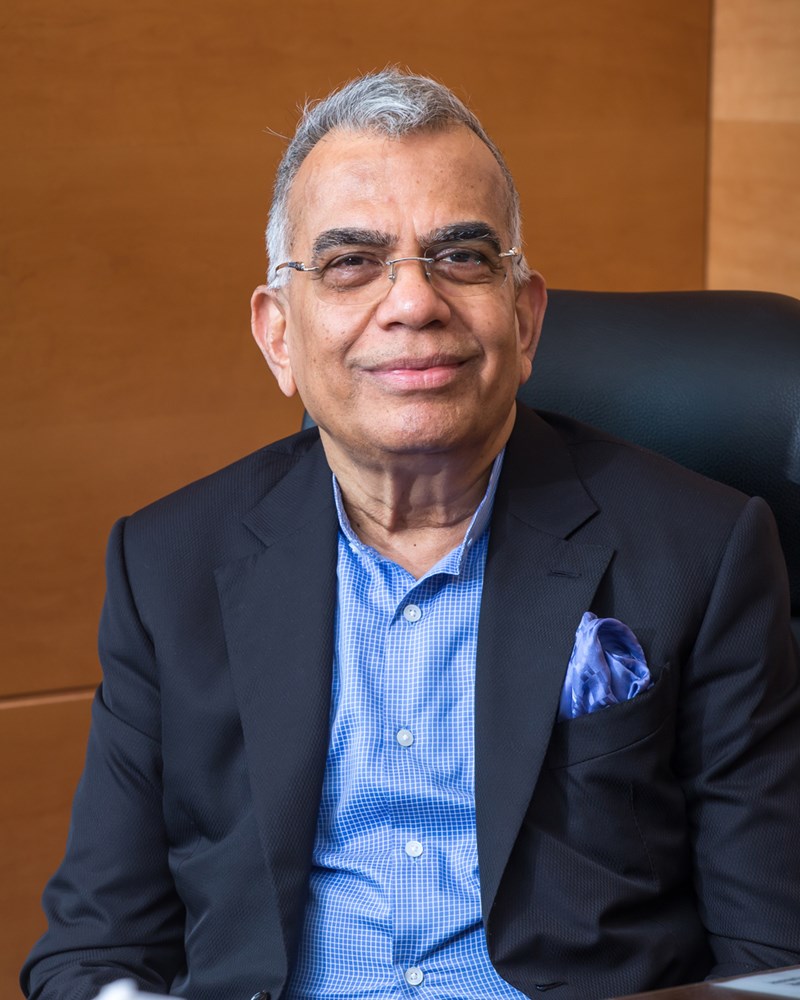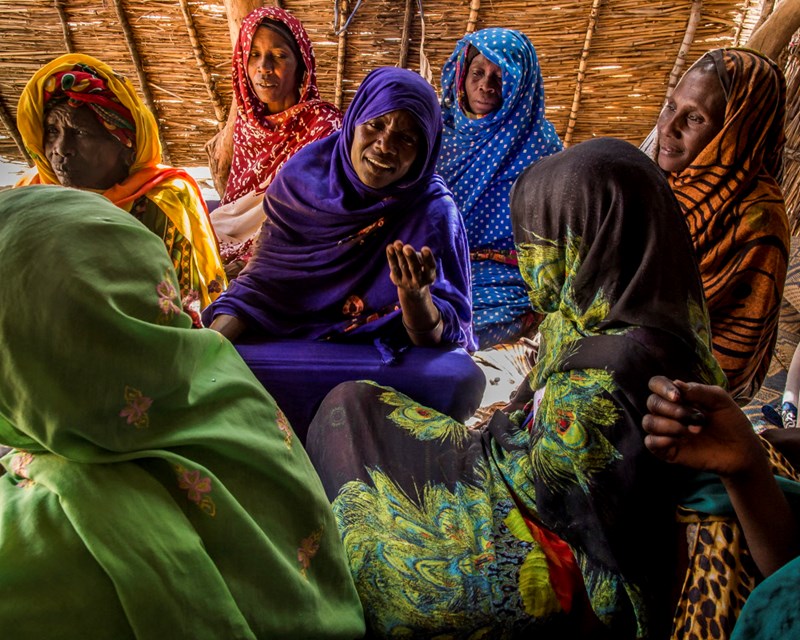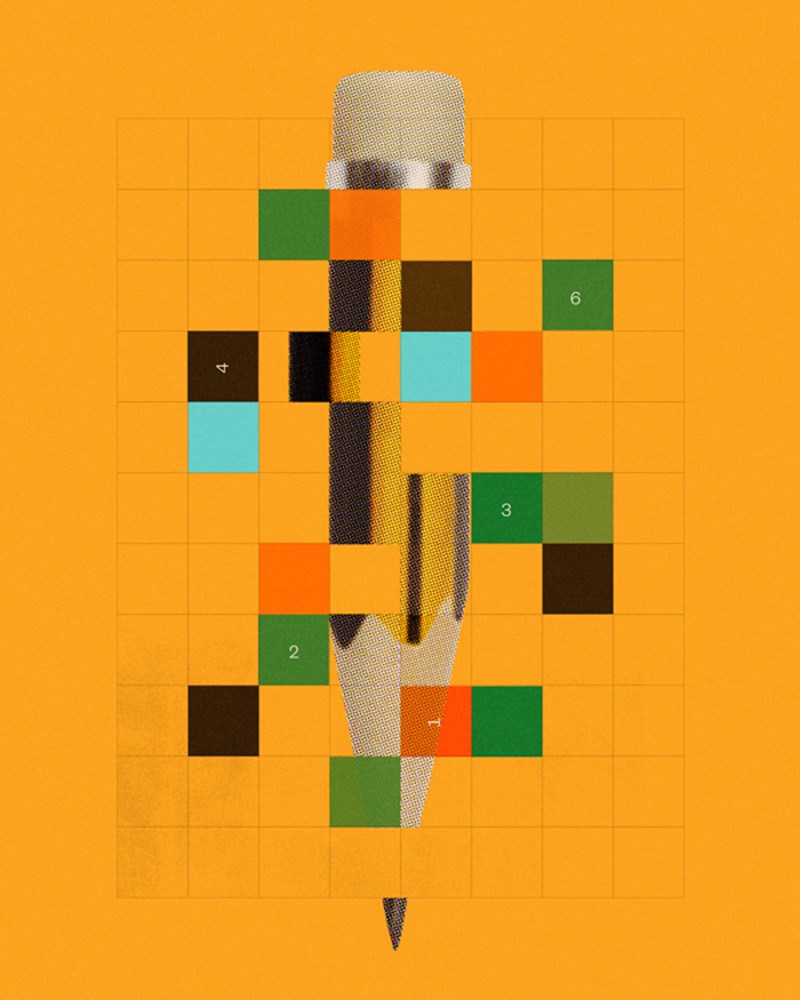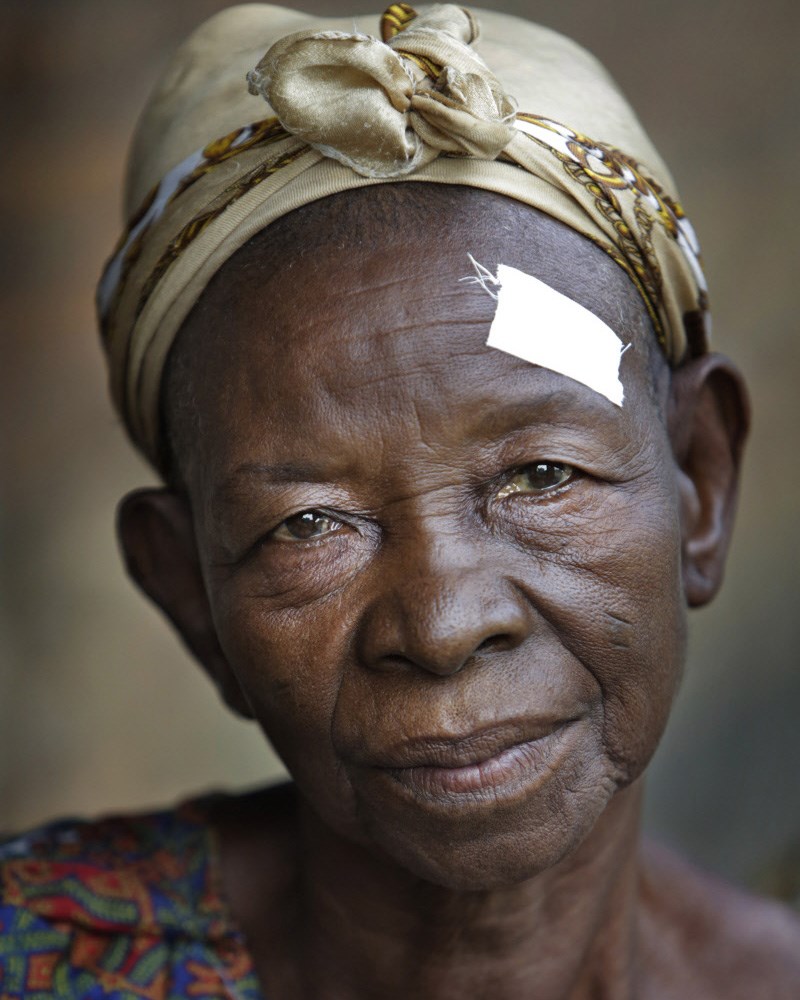From the start, recruitment for the Pathways programme required out-of-the-box thinking. The team began with Rohingya refugees and garment factory workers, followed by women living in areas of conflict, and used innovative approaches to get its message out.
In Afghanistan for example, where the Taliban still persecute girls who want to go to school, AUW partnered with a major mobile phone operator, which helped them segregate female from male subscribers.
“We bombarded the female subscribers with the message ‘Do you know any bright young women who would like to go to university?’ That was really the only way we could get to some of the more conflict-ridden communities,” Ahmad says.
Nour Zraika, 21, from Syria, first heard about Pathways to Promise from her mosque’s prayer centre, where Spark of Hope, a Canada-based NGO promoting girl’s education in the Middle East and one of AUW’s scholarship partners, made an announcement about the initiative.
Zraika had just finished high school in a small village near Homs and had her heart set on studying pharmaceutics at the local university. But social pressure saw her forced into a course on food engineering instead.
Given this – and the fact the conflict was making it almost impossible for Zraika and her fellow students to attend classes safely – when she heard about AUW, she applied immediately. In 2017, she was accepted to join the Pathways programme.
Zrakia initially struggled with English and found the transition from being with family in Syria to living alone in Bangladesh very difficult.
“The first six months after I moved to Bangladesh, I had so many challenges. After spending six, seven years, living in a war crisis in Syria, it was hard for me to move to a new country and really believe I was safe,” Zrakia recalls.
“If I heard a door closing hard, I would hide under the bed. If I heard a plane or helicopter I would run to my room and hide. Even going outside with my friends, I thought the rickshaw drivers were going to kidnap me, just because they had long beards like those of ISIS in Syria,” she says.
“My friends from AUW would hold my hand and say, ‘don't be scared, this is not Syria anymore.’ After those first few months, my English got so much better, I didn’t care about making mistakes anymore, and I made so many new friends.”
Three years on, with her AUW scholarship sponsored by the Spark of Hope Foundation, Zraika has passed her Pathways and Access Academy years and is in her first year of a bachelor’s degree in public health.
With plans to gain a few years of work experience after graduation, Zraika then hopes to enrol in a Master’s degree in pharmaceutics.
“I wouldn’t have been able to achieve any of this back home,” she says.

